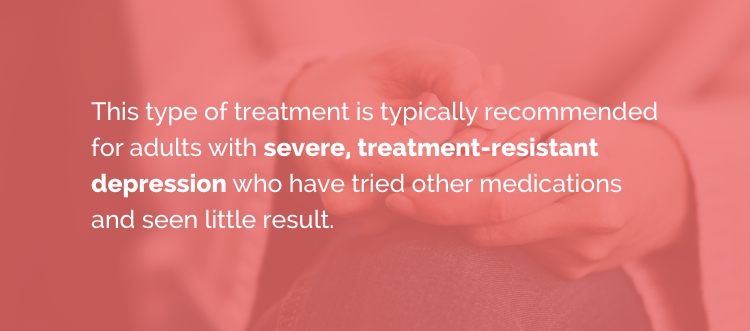Ketamine therapy offers significant benefits for individuals struggling with mental health conditions, particularly those who have not found relief through traditional treatments like antidepressants, mood stabilizers, or psychotherapy. People with treatment-resistant depression—a condition where standard medications have proven ineffective—can experience rapid relief from symptoms with ketamine therapy, often within hours or days.
Additionally, individuals suffering from anxiety disorders, post-traumatic stress disorder (PTSD), and obsessive-compulsive disorder (OCD) may also benefit from ketamine therapy, especially when their conditions have not responded to other treatments. Ketamine’s unique mechanism, targeting the brain’s glutamate system to promote neuroplasticity, helps address these conditions in ways that traditional therapies cannot.
People who experience chronic suicidal thoughts can also benefit from ketamine therapy. The rapid-acting nature of ketamine can provide immediate symptom relief, making it particularly valuable for those in acute mental health crises.
Furthermore, individuals with certain chronic pain conditions that have a psychological component, such as fibromyalgia, may find ketamine therapy beneficial as it addresses both physical and emotional pain.
In summary, ketamine therapy is a valuable option for people with treatment-resistant mental health conditions, offering hope and faster relief for those who have not found success with conventional treatments.
The experienced and caring team and Principium Psychiatry will provide a thorough evaluation and help determine whether ketamine is right for you. You will then receive an individualized treatment plan. Your treatment plan may also include combining ketamine with any of our other treatments, such as psychotherapy, integration therapy, group therapy, psychopharmacology, TMS, ECT, VNS or Botox.
 Ketamine Therapy in NYC, Greenwich CT and Santa Monica California
Ketamine Therapy in NYC, Greenwich CT and Santa Monica California




